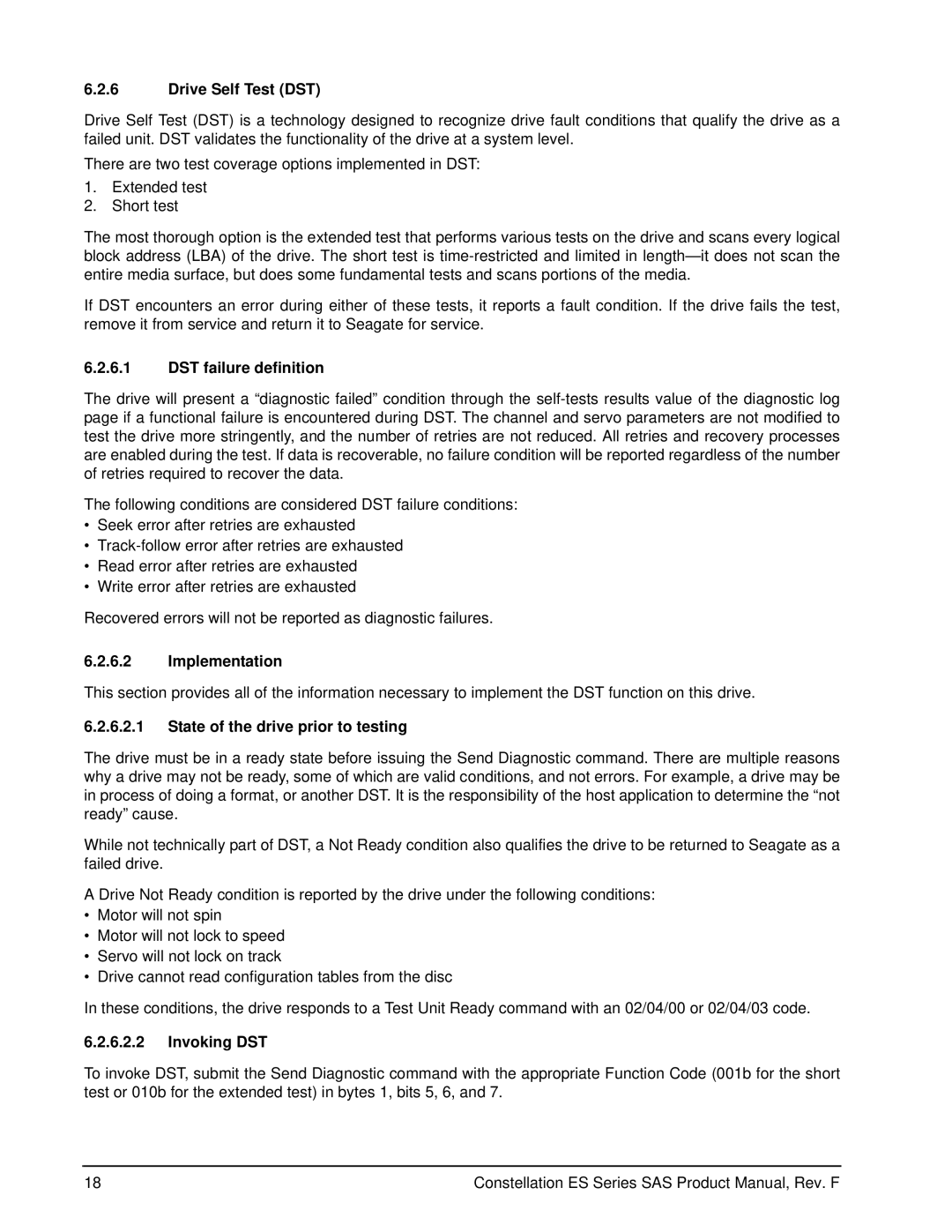ST4000NM0053, ST4000NM0023, ST32000444SSIM, ST32000646NS, ST3000NM0063 specifications
Seagate is a prominent name in the storage industry, renowned for its high-performance hard disk drives (HDDs). Among its popular enterprise offerings are models like the ST2000NM0043, ST32000645NS, ST3000NM0043, ST2000NM0033, and ST2000NM0023, which cater to various data center and server needs.The Seagate ST2000NM0043 is a 2TB 7200 RPM SATA drive designed for high availability and performance in enterprise environments. It features a 128MB cache, ensuring efficient data transfer speeds and quick access to frequently used data. This model boasts a mean time between failures (MTBF) of 1.4 million hours, emphasizing its reliability for continuous operation in demanding applications.
The ST32000645NS, offering 2TB of storage and a 7200 RPM spindle speed, is ideal for environments where large amounts of data need to be stored and accessed quickly. It supports SAS interfaces, providing enhanced data integrity and improved system performance. With its aggressive power management features, this model strikes a balance between performance and energy efficiency, making it suitable for both traditional data centers and cloud applications.
The ST3000NM0043 stands out with a capacity of 3TB, further addressing the growing need for more substantial storage solutions. Like its counterparts, it operates at 7200 RPM and is equipped with advanced caching mechanisms that help enhance overall performance. Its high durability and enterprise-grade features make it a preferred choice for storage-intensive applications.
The ST2000NM0033 focuses on delivering storage solutions for environments needing both capacity and reliability. With its 2TB capacity and 7200 RPM rotation speed, it provides an effective solution for businesses looking to balance workload and storage needs without compromising performance. This model also features Seagate's advanced technology that optimizes workflow and minimizes latency.
Lastly, the ST2000NM0023 mirrors many of the features found in its siblings, offering a 2TB capacity and optimized for high reliability and performance. With Seagate's commitment to innovating in the HDD space, features such as self-monitoring, analysis, and reporting technology (SMART) help maintain the drive's health and prevent potential failures.
In conclusion, Seagate's range of HDDs, exemplified by the ST2000NM0043, ST32000645NS, ST3000NM0043, ST2000NM0033, and ST2000NM0023, reflects a dedication to providing robust, high-capacity storage solutions. Their advanced technologies, reliability ratings, and performance features make them ideal choices for enterprise environments demanding efficiency and durability.
